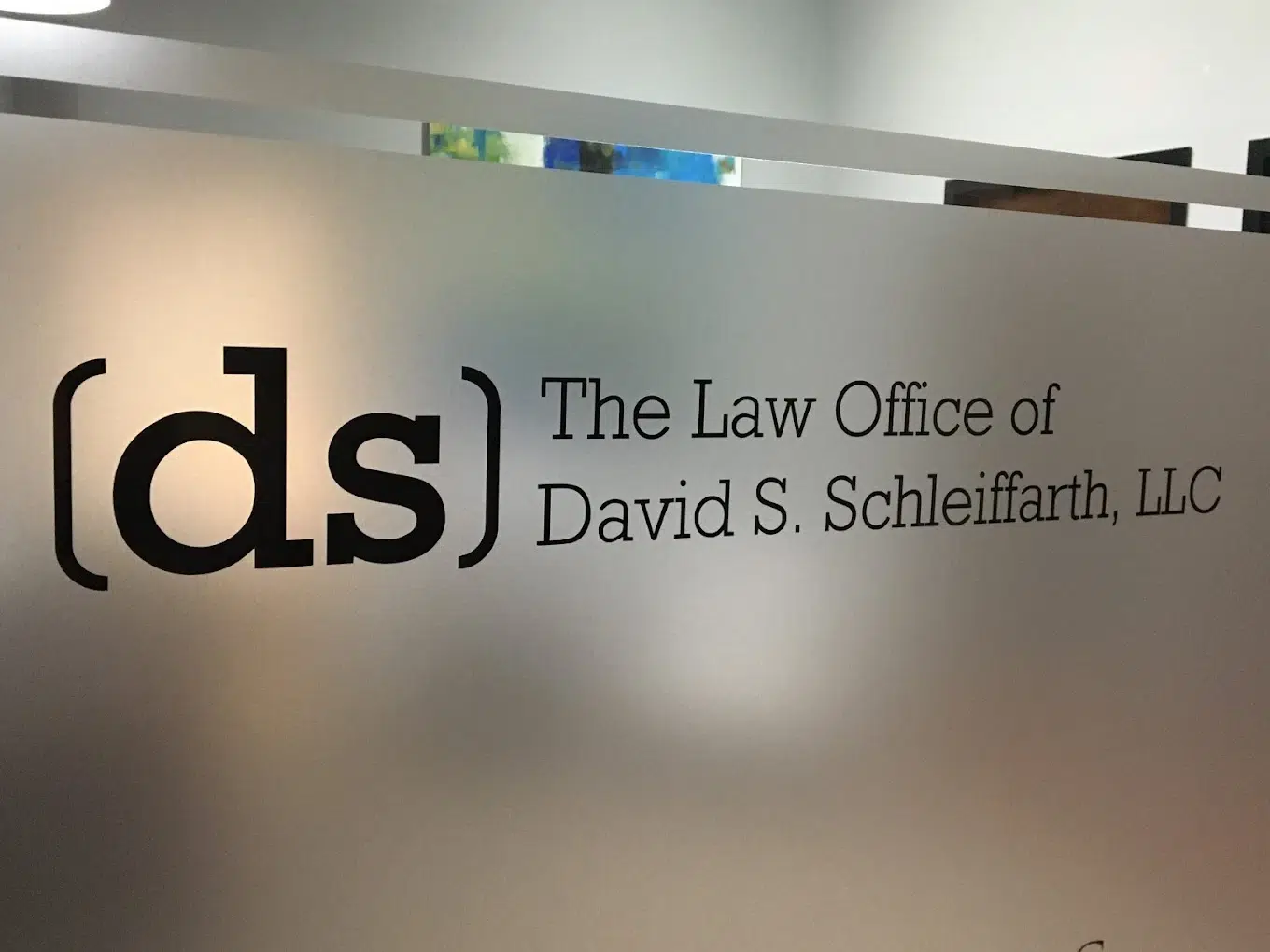Spendthrift Trusts Attorney
As leading estate planning attorneys in St. Louis, we understand how to navigate the many complexities that come with securing your family’s financial future. Ready to get started? Contact our law office online to schedule an initial appointment.
Some people are great with money; others are not. A person’s ability to diligently handle and grow money, while admirable, isn’t everything — especially when it comes to family. However, having an immediate family member or loved one who has a concerning relationship with money can certainly complicate inheritance.
If you’re struggling with how to bequeath an inheritance to someone who has a troubling history with spending, addiction, gambling, or a similar issue, there’s an estate planning tool designed especially for you. It’s called a spendthrift trust, and it offers a wide range of benefits to people in your situation.
This article will explain the nature of spendthrift trusts, their pros and cons, and how an experienced spendthrift trust lawyer can help you establish a top-tier, comprehensive strategy to meet your unique estate planning needs.

Understanding Spendthrift Trusts
A spendthrift trust is an estate planning tool that offers a valuable solution to people who want to leave an inheritance to a loved one who may not benefit from receiving a large sum of money all at once. Rather than giving them direct access to their inheritance or disinheriting them, a spendthrift trust allows a grantor to leave their beneficiary an inheritance that is distributed according to predetermined terms.
A spendthrift trust works by limiting a beneficiary’s access to assets. Rather than receiving their inheritance all at once, they receive funds incrementally — protecting beneficiaries from their own bad spending habits, as well as from creditors. This works because the assets contained within the spendthrift trust account are owned by the trust, not by the beneficiary of a spendthrift trust.
Pros of a Spendthrift Trust
Like all types of trusts, a spendthrift trust offers numerous benefits. However, this estate planning tool isn’t right for every person or situation. The following are its most notable, potential advantages:
- Protection from creditors. Assets held within spendthrift trusts are typically shielded from claims against the beneficiary, including lawsuits and bankruptcies. They often contain a clause saying that assets cannot be seized by creditors to settle debts.
- Control over distribution. This trust specifies how and when its assets can be distributed, and its distribution is overseen by an appointed trustee according to the grantor’s wishes.
- Asset preservation. By controlling distribution of assets, this trust helps ensure that a beneficiary can continue to benefit from their inheritance for years to come rather than spending it all at once.
- Tax benefits. In some cases, spendthrift trusts offer tax advantages, such as reducing the grantor’s taxable estate. However, these benefits depend on various factors, including local laws and the trust’s structure.
- Privacy. After an estate owner dies, their will often goes through the probate process. As a type of court proceeding, probate is a matter of public record. Conversely, trusts — and their beneficiaries and contents — are easier to keep private.
- Flexibility. Spendthrift trusts can be tailored to meet the grantor’s specific needs and wishes. For example, a grantor can structure payouts around a beneficiary reaching certain ages, milestones, or needs.
Ultimately, spendthrift trusts can offer numerous advantages in certain situations. However, they also come with significant risks, which is why it’s important to consult a spendthrift trust lawyer before establishing one.
Cons of a Spendthrift Trust
Although spendthrift trusts can be an invaluable estate planning tool, they can also present distinct drawbacks to their grantors and beneficiaries. Here are some of the potential cons associated with spendthrift trusts:
- Limited beneficiary control. Although often an intended consequence of this trust, limited beneficiary control has its downsides as well — particularly when beneficiaries believe they’ve been unfairly discriminated against and are capable of managing their own finances.
- Trustee dependence. The success of a spendthrift trust is highly dependent on the grantor’s appointed trustee. If the trustee is incompetent, irresponsible, or acts in bad faith, the trust’s assets may be misused, leading to conflict between parties.
- Restrictions and limitations. Spendthrift trusts can be rigid in their adherence to a distribution schedule and additional requirements. While sometimes necessary, these terms may limit a beneficiary’s ability to access trust funds in situations unforeseen by the grantor, such as in emergencies.
- Legal challenges. Although spendthrift trusts can protect assets from creditors, they aren’t immune to legal challenges. Creditors can claim the trust was created to defraud them and may prevail in legal battles — especially if the trust was established after the beneficiary had accrued substantial debts.
As you can see, the pros and cons offered by a spendthrift trust depend on many factors, including the grantor’s individual circumstances and specific goals.

Contact a Top-Tier St. Louis
Estate Planning Law Firm
Everyone, regardless of wealth or financial standing, can benefit from estate planning. However, not all attorneys are equally qualified to design estate planning tools like spendthrift trusts. If you’re searching for a top-tier spendthrift trust lawyer in the St. Louis area, look no further than the Law Office of David S. Schleiffarth, LLC.
With years of experience and a dedication to providing quality legal services to each and every client, our law firm has what you need to ensure maximum asset protection and the achievement of your goals. Ready to get started? Schedule an appointment online today.
Essentials of a Spendthrift Trust
Every type of trust comes with its own key elements and their respective requirements. Spendthrift trusts are no different, and while the details vary, each one is characterized by the same set of essential characteristics. The following elements define a spendthrift trust:
- Spendthrift clause. This clause is an essential feature of a spendthrift trust. It explicitly restricts the beneficiary’s ability to assign, sell, or pledge their interest in the trust’s assets, providing protection against creditors.
- Trustee. Spendthrift trusts require the appointment of a trustee to hold the legal title to the trust’s assets and manage it according to its terms.
- Irrevocability. As a type of irrevocable trust, a spendthrift trust can’t be revised or revoked without the beneficiary’s consent. This is an important feature for protecting the trust’s assets from both the grantor’s and beneficiary’s creditors.
- Discretionary distributions. Spendthrift trusts often grant the trustees broad discretion over when and how much is distributed to the beneficiaries. This allows the trustee to assess the beneficiary’s needs and circumstances before making distributions.
- Asset protection. Spendthrift trusts can be funded with a variety of assets, including money, real estate, stocks, and other types of property. Once put into the trust, these assets no longer belong to the grantor, adding an extra layer of asset protection.
- Purpose and terms. The trust agreement must clearly state the trust’s purpose and include terms for asset distribution, criteria that beneficiaries must meet, and conditions that could terminate or change the trust.
Setting up an effective spendthrift trust often requires careful legal planning and expert drafting, as well as knowledge about specific jurisdictional laws and practices. That’s why it’s typically smart to draft it alongside an experienced spendthrift trust lawyer.

How to Set Up a Spendthrift Trust
Creating a spendthrift trust is an involved process that requires several key steps. Before establishing your trust, you’ll need to complete several initial tasks, including the following:
- Determine the trust’s purpose. Your goals for creating this trust will help determine its structure and other important features. Common reasons include protecting a beneficiary’s inheritance from creditors and ensuring financial security for a beneficiary who struggles with financial responsibility.
- Choose beneficiaries. Decide who you want to benefit from the trust. Beneficiaries could include children, family members, loved ones, or anyone else you wish to support financially without giving them direct access to their inheritance.
- Select a trustworthy trustee. Your choice of trustee is critical to meeting your goals for the trust. Although your trustee has an obligation to distribute assets according to your wishes, they also have significant discretionary powers, which is why choosing a responsible, competent, and trustworthy person is so important.
- Consult an estate planning attorney. Your attorney will help you conduct the remaining tasks to fully establish your trust. These include funding the trust, drafting key trust documents, executing it, registering the trust (if necessary), communicating with beneficiaries, updating the trust, keeping records, and more.
Establishing an effective trust requires expertise, diligence, and, often, legal acumen. An experienced estate planning lawyer is an invaluable resource in creating a trust that meets your specific goals and needs.